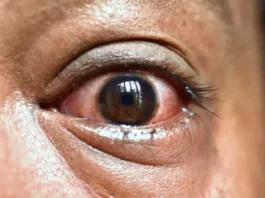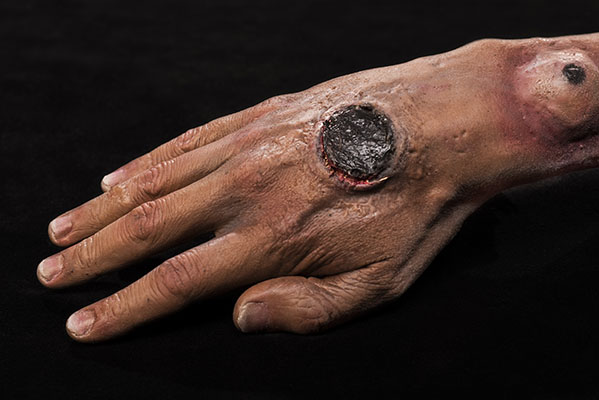The recent discovery of the first anthrax case in Niger has raised concerns about the potential danger posed by this infectious disease. Anthrax, caused by the bacterium Bacillus anthracis, has long been recognized as a serious threat due to its high infectivity and historical use as a biological weapon.
This post aims to assess the danger associated with anthrax, considering its characteristics, transmission, and the measures in place to manage and prevent its spread.
What is Anthrax?
Anthrax is an infectious disease caused by Bacillus anthracis, a spore-forming bacterium commonly found in soil and livestock products. While rare in humans, anthrax can have severe consequences. The disease primarily affects animals, especially herbivores like cattle, sheep, and goats, which can act as reservoirs for the bacteria.
How Does it Spread?
Anthrax is typically transmitted to humans through direct contact with infected animals or their byproducts. This can occur through handling contaminated meat, wool, or hides or through inhaling spores in environments where the bacteria are present, such as laboratories or agricultural settings.
The recent case in Niger likely resulted from exposure to an infected animal or contaminated animal product.
What are the symptoms?
The symptoms of anthrax differ depending on the route of infection. People with cutaneous anthrax might experience small painless lesions that resemble insect bites, which develop into a blister or a painless ulcer with a black coat.
Gastrointestinal anthrax could be due to eating contaminated meat, early signs are vomiting, nausea, pain in the abdomen, and loss of appetite. Severe cases can lead to bloody diarrhea.
The severe kind is the inhalation anthrax which, if not treated, may cause loss of life, early symptoms are flu-like, including fever, fatigue, cough, and muscle aches. As the disease progresses, symptoms worsen, leading to severe respiratory distress, shock, and death.
Can Anthrax be treated?
The treatment of anthrax involves prompt administration of appropriate antibiotics, such as ciprofloxacin or doxycycline, to eliminate the Bacillus anthracis bacteria from the body. Early diagnosis is crucial, as it allows for timely intervention and better outcomes.
In addition to antibiotics, supportive care and management of specific symptoms, such as wound care for cutaneous anthrax or respiratory support for inhalation anthrax, play a vital role in the comprehensive treatment of anthrax cases.
Is Anthrax contagious?
Anthrax is not considered contagious. It does not spread between individuals like a common cold or flu. However, close contact with infected animals or their materials can lead to infection.
How can Anthrax be prevented?
While treatment options are available, avoiding this disease is safe. Here are a few ways to prevent it;
- Vaccination: The anthrax vaccine is the most effective way to prevent anthrax. It is a series of three injections given over a six-month period. The vaccine is 92.5% effective in preventing anthrax infection.
- Avoiding contact with infected animals or animal products: Anthrax is most commonly spread through contact with infected animals or animal products. To avoid contact with infected animals, you should:
- Avoid contact with livestock, especially if you are in an area where anthrax is common.
- Do not eat raw or undercooked meat.
- Handle animal hides and other animal products with caution.
- Proper disposal of animal carcasses: If you come into contact with an animal carcass that may be infected with anthrax, it is important to dispose of it properly. The carcass should be burned or buried deeply.
- Good hygiene practices: Good hygiene practices can help to prevent the spread of anthrax. These practices include:
- Washing your hands thoroughly with soap and water after handling animals or animal products.
- Avoiding putting your fingers in your eyes, nose, or mouth.
- Wearing gloves when handling contaminated materials.
If you are concerned about your risk of exposure to anthrax, talk to your doctor. They can help you determine if you are eligible for the anthrax vaccine and can advise you on other ways to protect yourself.















